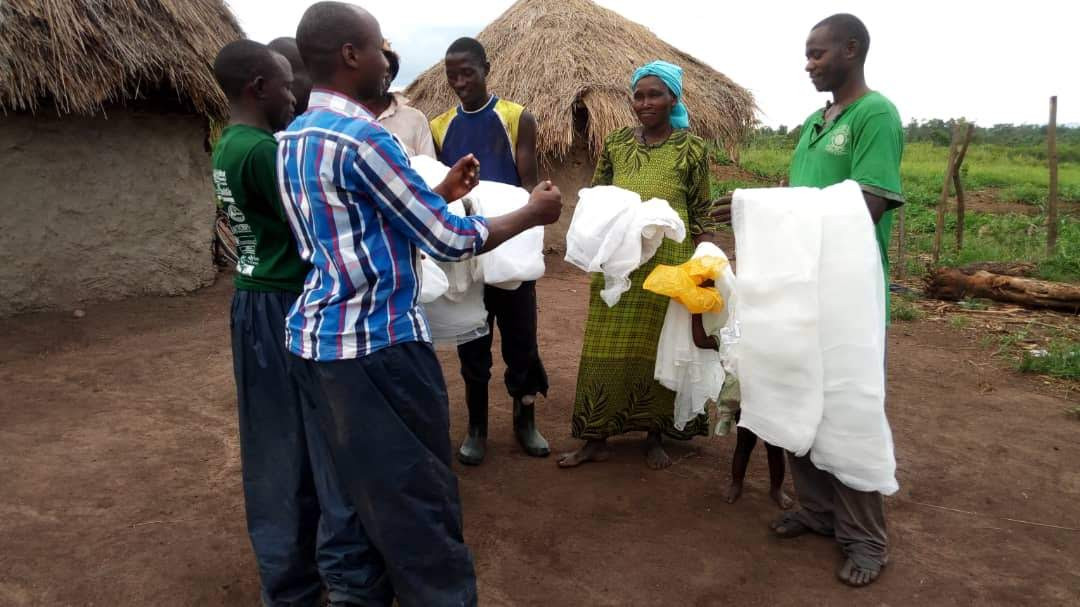ASTMH Annual Meeting 2025
blogWhat Mosquito Nets Should We Be Using?
By: Bickey Chang, M.h.a., University of Virginia School of Medicine

Long Lasting Insecticidal Nets (LLIN) are mosquito nets with insecticide incorporated into the fabric fibers.The use of these nets has led to major reductions in malaria burden in sub-Saharan Africa, but wide-scale insecticide resistance has threatened this progress. New types of LLIN treated with Piperonyl Butoxide (POB) in addition to pyrethroids—the key insecticide incorporated into the bed net fabric—have been developed in response.
At a TropMed19 symposium Thursday, researchers from the Uganda National Malaria Control Program, the London School of Hygiene and Tropical Medicine, and the Liverpool School of Tropical Medicine shared promising results from a new large scale, cluster randomized trial, the LLIN Evaluation in Uganda Project (LLINEUP), evaluating the impact of LLIN with PBO on malaria in Western and Eastern Uganda. Involving the distribution of over 15 million mosquito nets, the trial represents the largest vector control intervention undertaken to date.
This Uganda trial follows a previous smaller cluster randomized trial conducted in Tanzania in 2015, comparing the effects of LLIN with PBO and LLIN without PBO. The two trials show broadly similar results, suggesting the addition of PBO provides approximately 25% additional protection against malaria infection.
The World Health Organization (WHO) Vector Control Advisory Group requires at least two studies, each with a duration of at least two years, demonstrating evidence of public health impact to approve a new vector control product class. Taken together, the two trials provide data to better understand the efficacy, safety, acceptance, as well as generalizability of LLIN with PBO.
“There are questions still,” Dr. Immo Kleinschmidt, Professor of Epidemiology at the London School of Hygiene and Tropical Medicine, remarked. “How generalizable are the results to other regions, in particular West Africa? How long does the PBO effect persist? It seems to do well in the third year, but we don’t know. Are PBO nets superior, and should they be standard of care regardless of resistance? Does the current WHO policy need to be updated? [This] probably would be worth reviewing.”
“We can’t easily calculate cost effectiveness,” he brought up another challenge. “This is because neither the Uganda nor Tanzania trial has provided data on malaria incidence and cases averted. The Misungwi Trial, [an ongoing trial on cluster randomized trial on bi-treated LLIN, projected to finish in 2021] will provide malaria incidence, cases averted, and it will have a direct estimate of cost effectiveness.”
Bickey Chang is a 2019 ASTMH Benjamin H. Kean Travel Fellow in Tropical Medicine. She is currently a fourth year medical student at the University of Virginia School of Medicine.
Related Posts
By: Matthew Davis, Burness